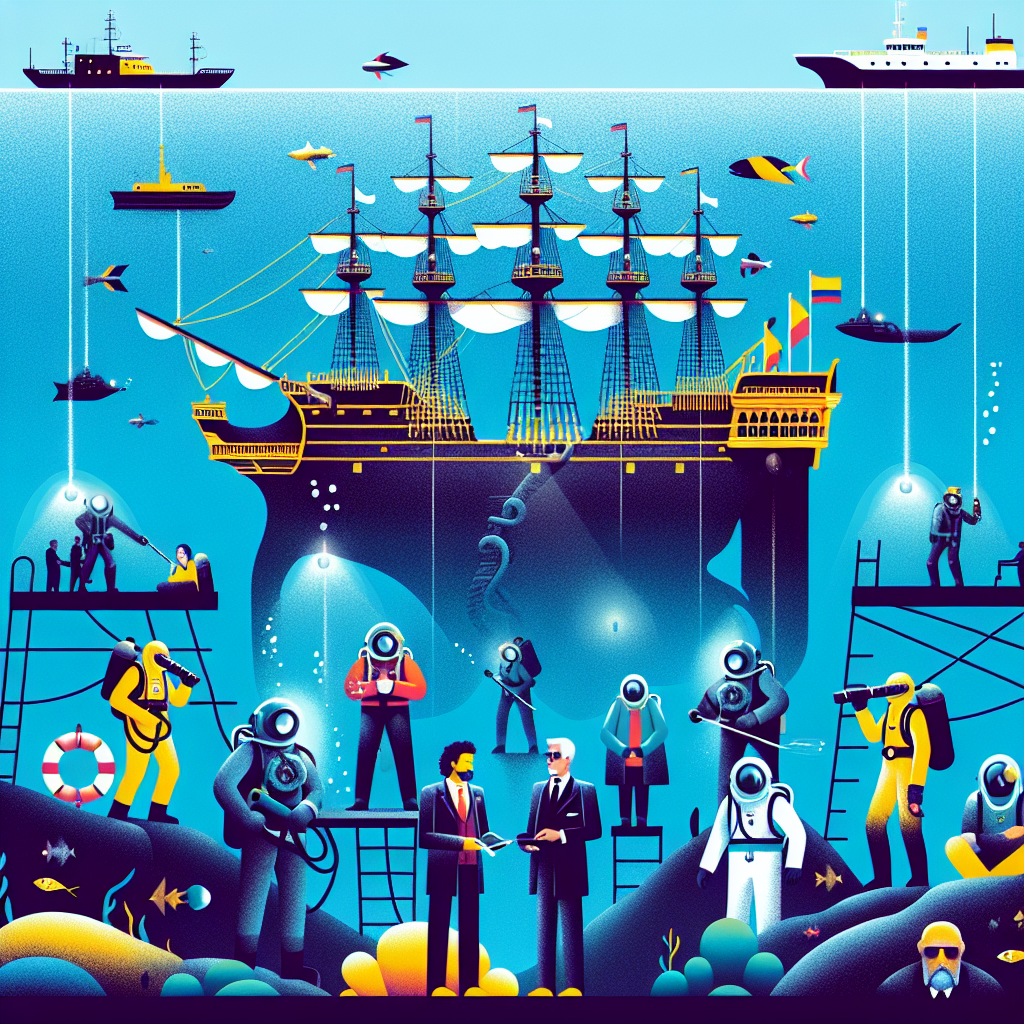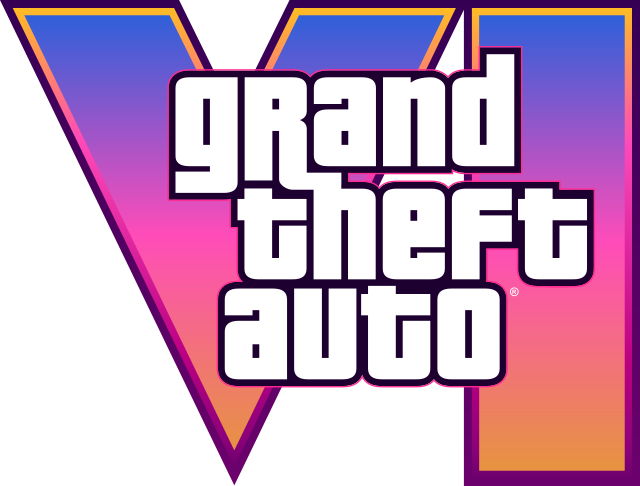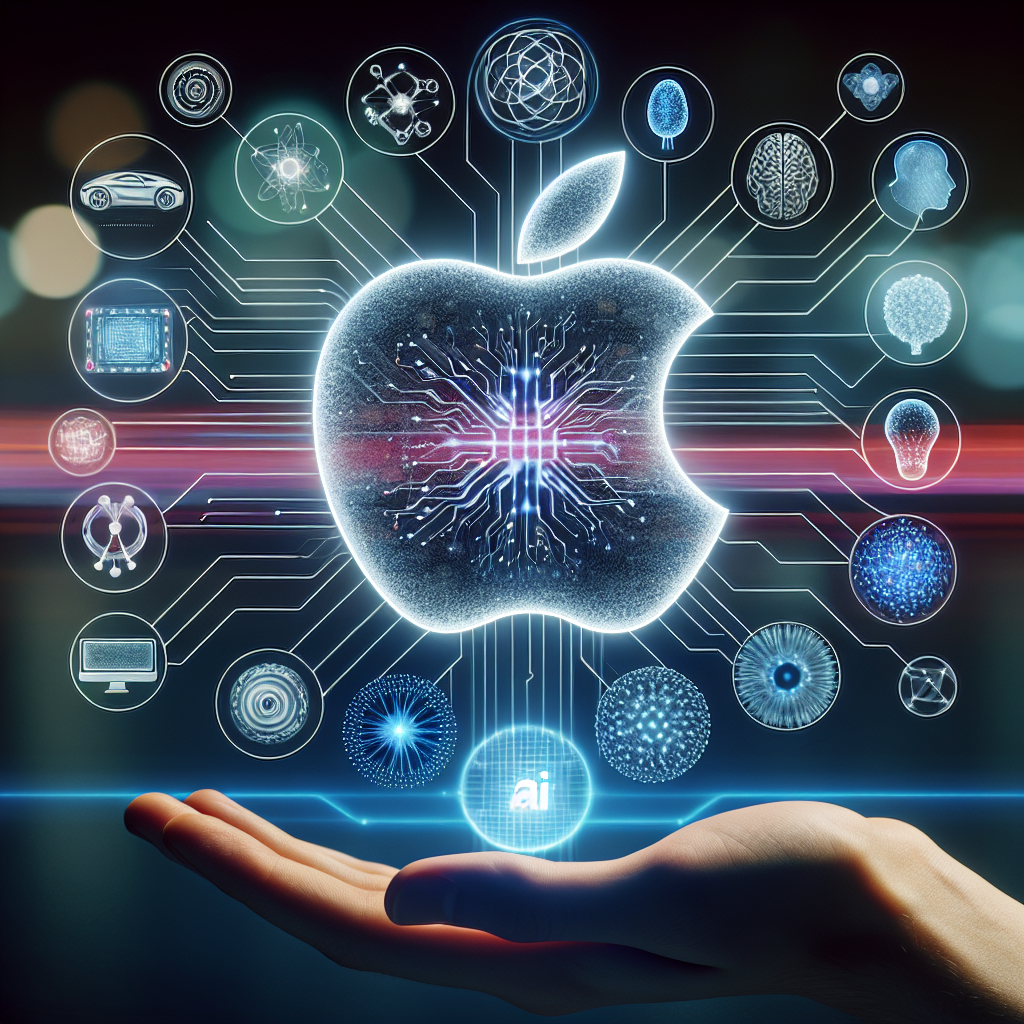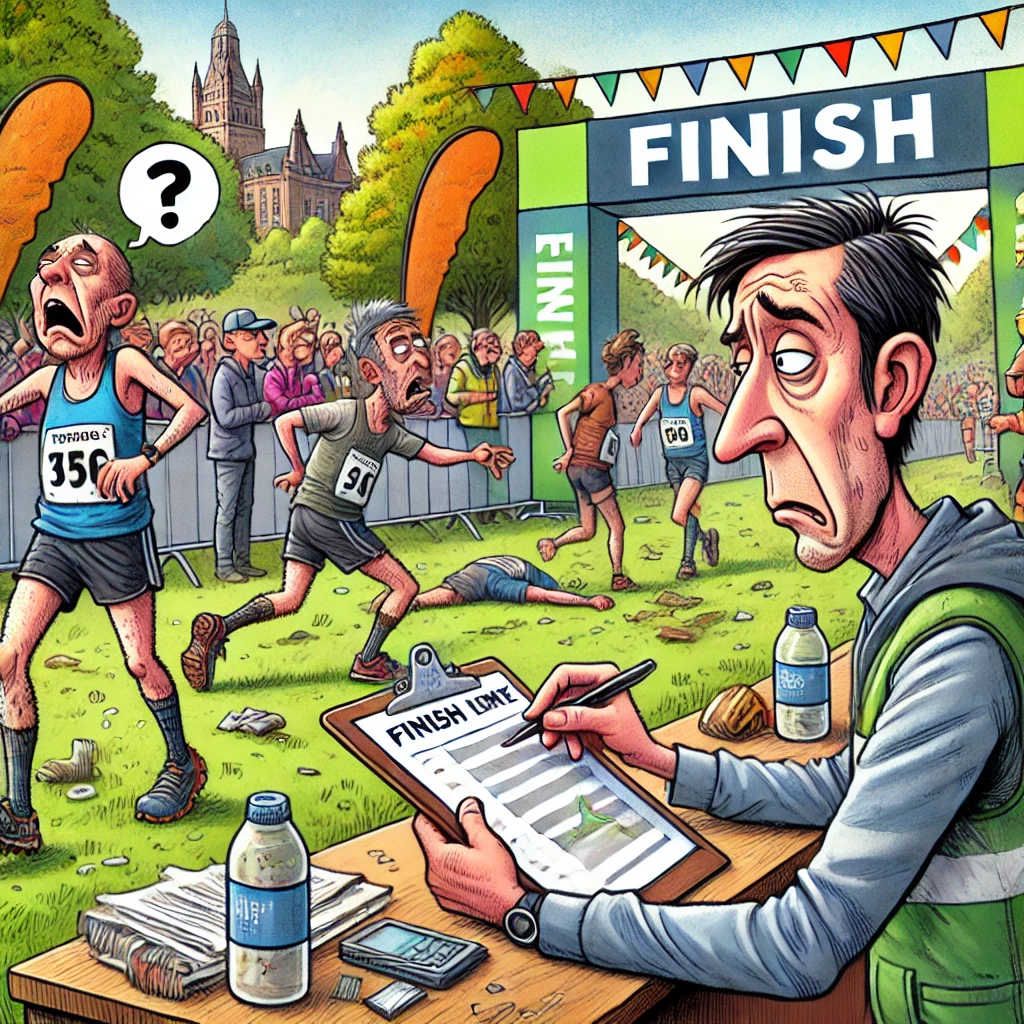Authors George RR Martin and John Grisham are taking legal action against OpenAI, the company that owns ChatGPT. They believe that their books were used to train the language model without their permission. OpenAI has said that it respects authors’ rights and thinks they should benefit from AI technology. Other well-known authors, like Jonathan Franzen and Jodi Picoult, are also involved in the lawsuit. The Authors Guild, a group that represents authors, has brought the case to court. Comedian Sarah Silverman has also taken legal action, and authors Margaret Atwood and Philip Pullman have signed a letter expressing their concerns.
The lawsuit argues that ChatGPT was given data from copyrighted books without the authors’ permission. It also raises worries about AI technology replacing human-created content. However, legal experts think that the authors might struggle to prove that ChatGPT copied their work. Some experts think that the authors are more worried about AI taking away job opportunities than about copyright infringement. They believe that discussions about AI’s impact on the arts should happen in government bodies.
This case is part of a bigger trend of complaints against developers of generative AI, which can create media based on text prompts. In the past, digital artists have sued AI systems for being trained on copyrighted artwork. OpenAI is also facing a lawsuit, along with Microsoft and GitHub, for allegedly using code without permission to train an AI called Copilot. None of these lawsuits have been resolved yet.
In summary, authors George RR Martin and John Grisham are suing OpenAI for copyright infringement. They claim that their books were used without permission to train ChatGPT. The case raises concerns about AI replacing human-created content. Legal experts think that the authors might have a hard time proving their case. This lawsuit is part of a larger trend of complaints against developers of generative AI. None of these lawsuits have been resolved yet.
Original news source: Game of Thrones author sues ChatGPT owner OpenAI (BBC)
Listen
Slow
Normal
Fast
Group or Classroom Activities
Warm-up Activities:
– News Summary
Instructions:
1. Divide the class into small groups.
2. Assign each group a specific aspect of the article (e.g. the authors involved, the lawsuit, concerns about AI, etc.).
3. Give the groups a few minutes to read and discuss their assigned aspect.
4. Each group must then create a concise summary of their aspect, focusing on the key points.
5. After the allotted time, have each group share their summary with the class.
– Opinion Poll
Instructions:
1. Write the following question on the board: “Do you think authors should have control over how AI technology uses their work?”
2. Have students individually write down their opinion, either “Yes” or “No,” and a brief explanation.
3. Divide the class into pairs or small groups and have them discuss their opinions.
4. After the discussion, conduct a class poll by asking each student to vote and explain their choice.
5. Facilitate a class discussion where students can share their reasoning and engage in respectful debate.
– Word Association
Instructions:
1. Choose a few key words from the article (e.g. OpenAI, authors, copyright, AI technology, lawsuit, etc.).
2. Write each word on the board.
3. Divide the class into pairs or small groups and give them a few minutes to brainstorm and write down as many words or phrases associated with each key word.
4. After the brainstorming session, have each group share their associations with the class.
5. Discuss the different associations and encourage students to explain the connections they made.
– Sketch It
Instructions:
1. Provide each student with a piece of paper and a pen or pencil.
2. Instruct the students to read the article silently and select a specific scene or concept that stands out to them.
3. Based on their chosen scene or concept, students must sketch a visual representation on their paper.
4. After the sketches are complete, have students pair up and take turns describing their sketches to each other.
5. Encourage students to use descriptive language and ask questions to clarify the details of each sketch.
– Think-Pair-Share
Instructions:
1. Ask students to individually think about and jot down their answers to the following question: “How do you think AI technology will impact the future of literature?”
2. Once students have had time to think, instruct them to pair up with a classmate and share their ideas.
3. After the pairing session, facilitate a class discussion where students can share their thoughts and engage in a larger group conversation about the topic.
4. Encourage students to ask questions, challenge each other’s ideas, and provide evidence or examples to support their opinions.
Comprehension Questions:
1. Who are the authors that are taking legal action against OpenAI?
2. What is the reason behind the lawsuit against OpenAI?
3. What is the stance of OpenAI regarding authors’ rights?
4. Which other well-known authors are involved in the lawsuit?
5. Which group represents the authors in this case?
6. What are the main arguments made in the lawsuit against ChatGPT?
7. What concerns do the authors have about AI technology?
8. What do legal experts think about the authors’ chances of winning the case?
Go to answers ⇩
Listen and Fill in the Gaps:
Authors George RR Martin and John Grisham are taking legal action against OpenAI, the company that owns (1)______. They believe that their books were used to train the language model without their (2)______. OpenAI has said that it respects authors’ (3)______ and thinks they should benefit from AI technology. (4)______ well-known authors, like Jonathan Franzen and Jodi Picoult, are also involved in the lawsuit. The Authors Guild, a group that represents authors, has brought the case to court. Comedian Sarah Silverman has also taken legal action, and authors Margaret Atwood and Philip Pullman have (5)______ a letter expressing their concerns.
The lawsuit argues that ChatGPT was given data from copyrighted (6)______ without the authors’ permission. It also raises (7)______ about AI technology replacing human-created content. However, legal experts think that the authors might struggle to prove that ChatGPT copied their work. Some experts think that the authors are more (8)______ about AI taking away job opportunities than about copyright (9)______. They believe that discussions about AI’s impact on the arts should (10)______ in government bodies.
This case is part of a (11)______ trend of complaints against developers of generative AI, which can create media based on text prompts. In the past, digital artists have sued AI (12)______ for being trained on copyrighted artwork. OpenAI is also facing a lawsuit, along with Microsoft and GitHub, for allegedly using code without permission to train an AI called Copilot. None of these (13)______s have been resolved yet.
In summary, authors (14)______ RR Martin and John Grisham are suing OpenAI for copyright infringement. They claim that their books were used without permission to train ChatGPT. The case raises concerns about AI replacing human-created (15)______. Legal experts think that the authors might have a hard time proving their case. This lawsuit is part of a larger trend of (16)______ against developers of generative AI. None of these lawsuits have been resolved yet.
Go to answers ⇩
Discussion Questions:
Students can ask a partner these questions, or discuss them as a group.
1. What is copyright infringement and why is it important?
2. How would you feel if someone used your work without your permission?
3. Do you think authors should benefit from AI technology? Why or why not?
4. What are some potential job opportunities that AI could take away from humans?
5. How do you think AI technology could impact the arts?
6. Do you think discussions about AI’s impact on the arts should happen in government bodies? Why or why not?
7. What is generative AI and how does it work?
8. How do you think AI systems could potentially replace human-created content?
9. Do you think AI systems should be allowed to use copyrighted artwork or text? Why or why not?
10. How do you think AI technology could be used in a positive way in the arts?
11. What are some potential challenges or concerns with using AI in the creative industry?
12. How do you think this lawsuit could impact the future of AI development?
13. Do you think it’s fair for authors to sue AI developers for copyright infringement? Why or why not?
14. How do you think AI technology could change the way we consume media and entertainment in the future?
15. What are some potential ethical considerations when it comes to using AI in the creative industry?
Individual Activities
Vocabulary Meanings:
Match each word to its meaning.
Words:
1. Authors
2. Legal action
3. Copyrighted
4. AI technology
5. Lawsuit
6. Copyright infringement
7. Generative AI
8. Resolved
Meanings:
(a) Protected by law so that others cannot use it without permission
(b) Taking someone to court because of a legal problem
(c) Settled or solved
(d) Artificial intelligence, the use of computers to do tasks that normally require human intelligence
(e) A legal case brought to court
(f) Using someone’s work without their permission
(g) People who write books or stories
(h) Artificial intelligence that can create media based on text prompts
Go to answers ⇩
Multiple Choice Questions:
1. Who are the authors taking legal action against OpenAI?
(a) Jonathan Franzen and Jodi Picoult
(b) George RR Martin and John Grisham
(c) Margaret Atwood and Philip Pullman
(d) Sarah Silverman and George RR Martin
2. What is the name of the AI technology owned by OpenAI?
(a) Copilot
(b) ChatGPT
(c) OpenAI
(d) GitHub
3. What is the main concern raised by the authors in the lawsuit?
(a) Copyright infringement
(b) AI taking away job opportunities
(c) AI replacing human-created content
(d) AI training on copyrighted artwork
4. Who else has taken legal action in this case?
(a) Jonathan Franzen
(b) Margaret Atwood
(c) Sarah Silverman
(d) Philip Pullman
5. What organization represents the authors in the lawsuit?
(a) OpenAI
(b) Microsoft
(c) The Authors Guild
(d) GitHub
6. What do legal experts think about the authors’ chances of winning the case?
(a) They might struggle to prove their case
(b) They have a strong chance of winning
(c) It is too early to tell
(d) The case will likely be dismissed
7. What is the broader trend of complaints mentioned in the article?
(a) Lawsuits against digital artists
(b) AI technology replacing human-created content
(c) AI training on copyrighted books
(d) Complaints against developers of generative AI
8. Have any of the lawsuits mentioned in the article been resolved yet?
(a) Yes, all of them have been resolved
(b) Only the lawsuit against OpenAI has been resolved
(c) Only the lawsuit against Microsoft and GitHub has been resolved
(d) No, none of them have been resolved yet
Go to answers ⇩
True or False Questions:
1. The Authors Guild, a group that represents authors, has brought the case to court.
2. It is suggested that the authors may be more concerned about AI creating job opportunities than copyright infringement, and that discussions about AI’s impact on the arts should happen in private organizations.
3. George RR Martin and John Grisham are taking legal action against OpenAI because they believe their books were used to train ChatGPT with their permission.
4. Comedian Sarah Silverman has also taken legal action, and authors Margaret Atwood and Philip Pullman have expressed their concerns in a letter.
5. Some legal experts believe the authors may struggle to prove that ChatGPT copied their work.
6. The lawsuit argues that ChatGPT used public domain books without permission from the authors.
7. Other famous authors like Jonathan Franzen and Jodi Picoult are not involved in the lawsuit against OpenAI.
8. OpenAI claims to respect authors’ rights and believes they should benefit from AI technology.
Go to answers ⇩
Write a Summary:
Write a summary of this news article in two sentences.
Check your writing now with the best free AI for English writing!
Writing Questions:
Answer the following questions. Write as much as you can for each answer.
Check your answers with our free English writing assistant!
1. Why are authors George RR Martin and John Grisham taking legal action against OpenAI?
2. What is the name of the language model that OpenAI owns?
3. Who else is involved in the lawsuit against OpenAI?
4. What concerns are raised in the lawsuit about AI technology?
5. What do legal experts think about the authors’ chances of winning the case?
Answers
Comprehension Question Answers:
1. Who are the authors that are taking legal action against OpenAI?
George RR Martin and John Grisham.
2. What is the reason behind the lawsuit against OpenAI?
The authors believe that their books were used without permission to train the language model ChatGPT.
3. What is the stance of OpenAI regarding authors’ rights?
OpenAI has said that it respects authors’ rights and believes that they should benefit from AI technology.
4. Which other well-known authors are involved in the lawsuit?
Jonathan Franzen, Jodi Picoult, Margaret Atwood, and Philip Pullman.
5. Which group represents the authors in this case?
The Authors Guild, a group that represents authors.
6. What are the main arguments made in the lawsuit against ChatGPT?
The lawsuit argues that ChatGPT used copyrighted books without the authors’ permission and raises concerns about AI technology replacing human-created content.
7. What concerns do the authors have about AI technology?
The authors are concerned about AI technology taking away job opportunities and its impact on the arts.
8. What do legal experts think about the authors’ chances of winning the case?
Legal experts think that the authors might struggle to prove their case and believe that discussions about AI’s impact on the arts should happen in government bodies.
Go back to questions ⇧
Listen and Fill in the Gaps Answers:
(1) ChatGPT
(2) permission
(3) rights
(4) Other
(5) signed
(6) books
(7) worries
(8) worried
(9) infringement
(10) happen
(11) bigger
(12) systems
(13) lawsuit
(14) George
(15) content
(16) complaints
Go back to questions ⇧
Vocabulary Meanings Answers:
1. Authors
Answer: (g) People who write books or stories
2. Legal action
Answer: (b) Taking someone to court because of a legal problem
3. Copyrighted
Answer: (a) Protected by law so that others cannot use it without permission
4. AI technology
Answer: (d) Artificial intelligence, the use of computers to do tasks that normally require human intelligence
5. Lawsuit
Answer: (e) A legal case brought to court
6. Copyright infringement
Answer: (f) Using someone’s work without their permission
7. Generative AI
Answer: (h) Artificial intelligence that can create media based on text prompts
8. Resolved
Answer: (c) Settled or solved
Go back to questions ⇧
Multiple Choice Answers:
1. Who are the authors taking legal action against OpenAI?
Answer: (b) George RR Martin and John Grisham
2. What is the name of the AI technology owned by OpenAI?
Answer: (b) ChatGPT
3. What is the main concern raised by the authors in the lawsuit?
Answer: (a) Copyright infringement
4. Who else has taken legal action in this case?
Answer: (c) Sarah Silverman
5. What organization represents the authors in the lawsuit?
Answer: (c) The Authors Guild
6. What do legal experts think about the authors’ chances of winning the case?
Answer: (a) They might struggle to prove their case
7. What is the broader trend of complaints mentioned in the article?
Answer: (d) Complaints against developers of generative AI
8. Have any of the lawsuits mentioned in the article been resolved yet?
Answer: (d) No, none of them have been resolved yet
Go back to questions ⇧
True or False Answers:
1. The Authors Guild, a group that represents authors, has brought the case to court. (Answer: True)
2. It is suggested that the authors may be more concerned about AI creating job opportunities than copyright infringement, and that discussions about AI’s impact on the arts should happen in private organizations. (Answer: False)
3. George RR Martin and John Grisham are taking legal action against OpenAI because they believe their books were used to train ChatGPT with their permission. (Answer: False)
4. Comedian Sarah Silverman has also taken legal action, and authors Margaret Atwood and Philip Pullman have expressed their concerns in a letter. (Answer: True)
5. Some legal experts believe the authors may struggle to prove that ChatGPT copied their work. (Answer: True)
6. The lawsuit argues that ChatGPT used public domain books without permission from the authors. (Answer: False)
7. Other famous authors like Jonathan Franzen and Jodi Picoult are not involved in the lawsuit against OpenAI. (Answer: False)
8. OpenAI claims to respect authors’ rights and believes they should benefit from AI technology. (Answer: True)
Go back to questions ⇧













